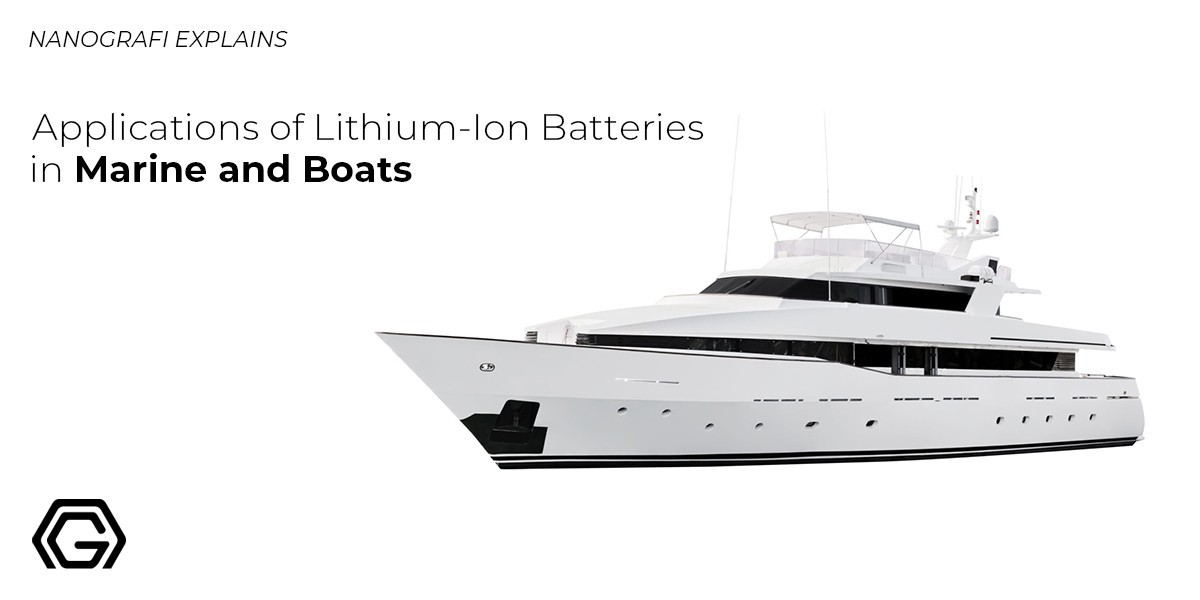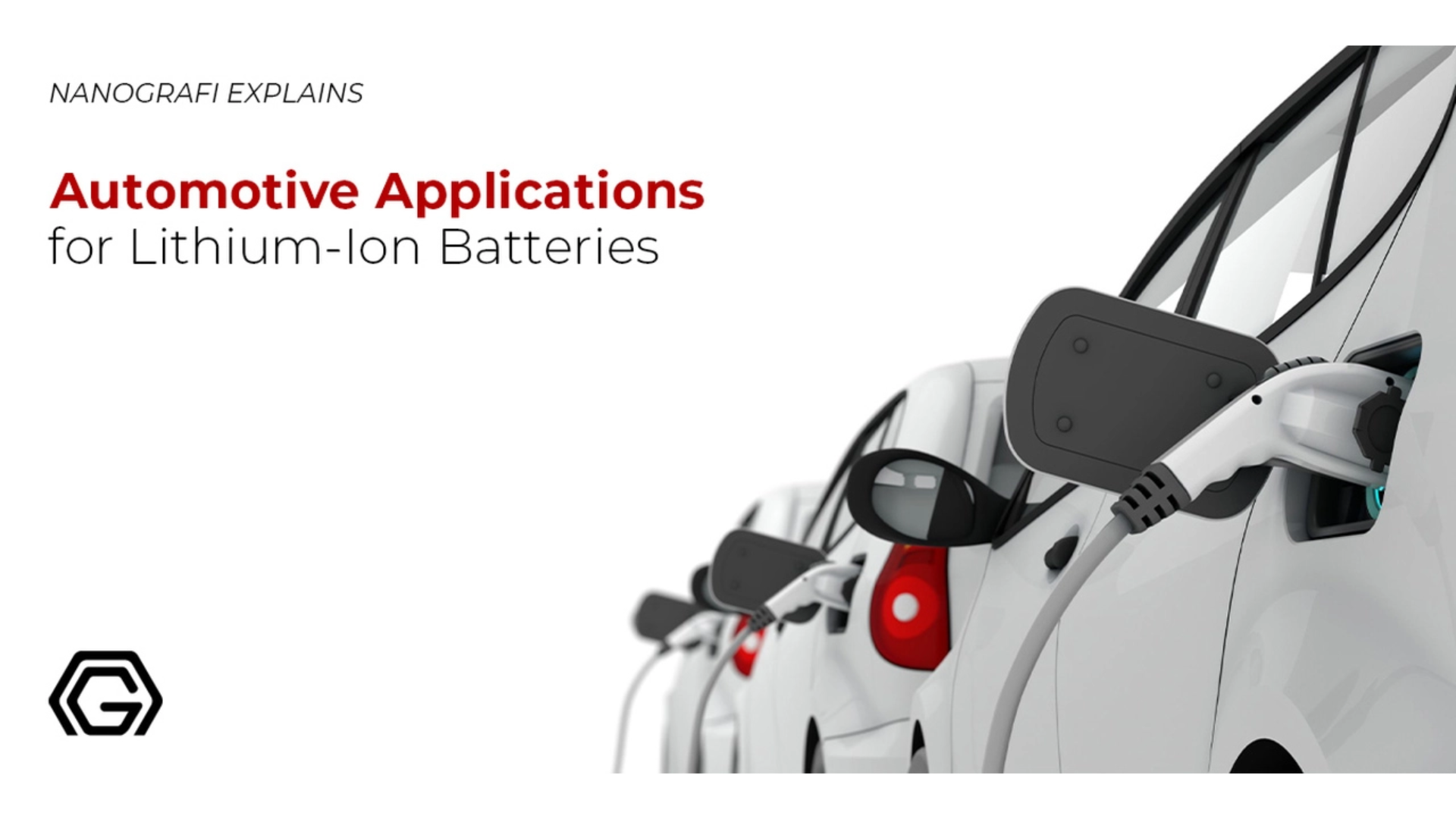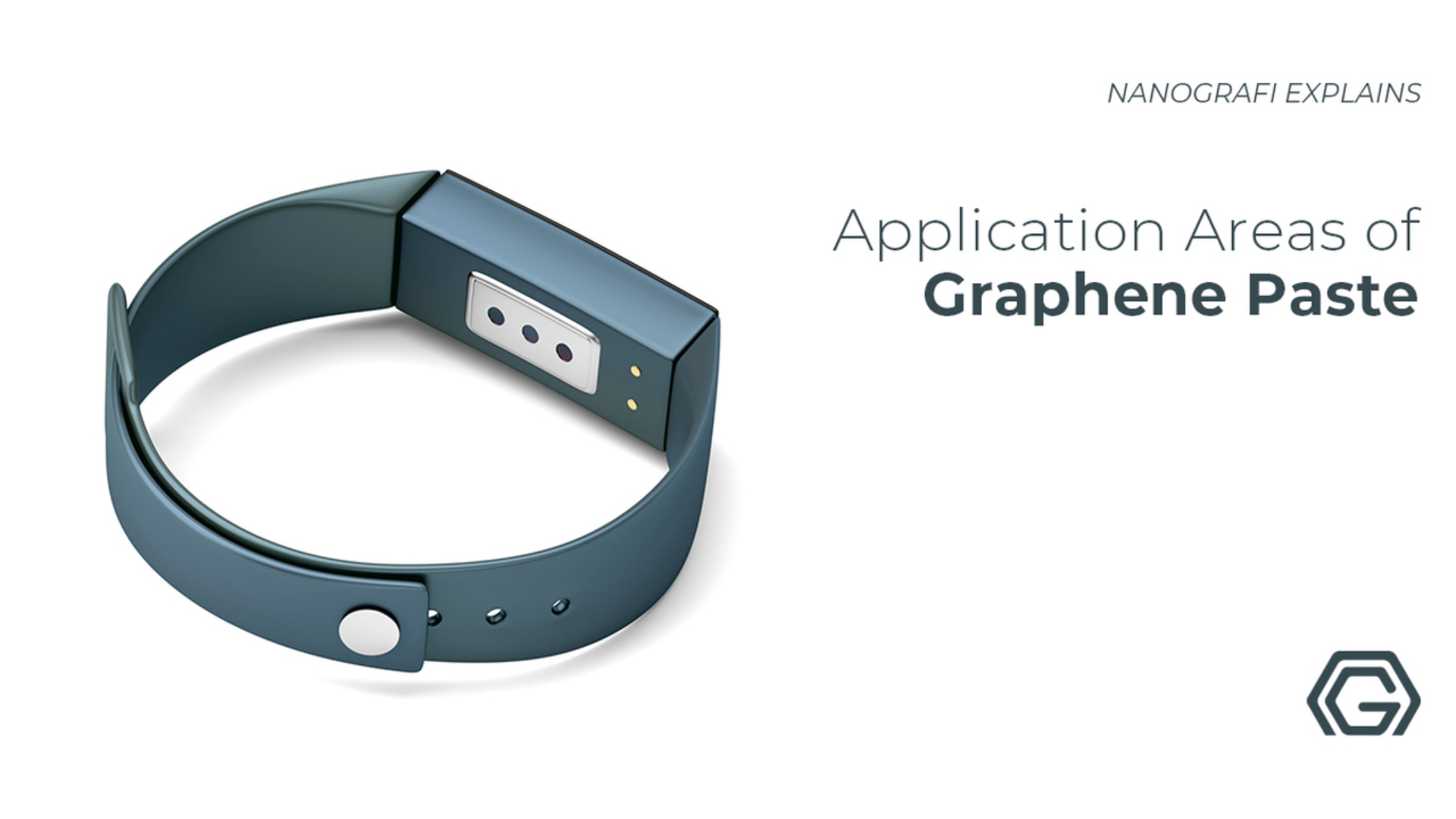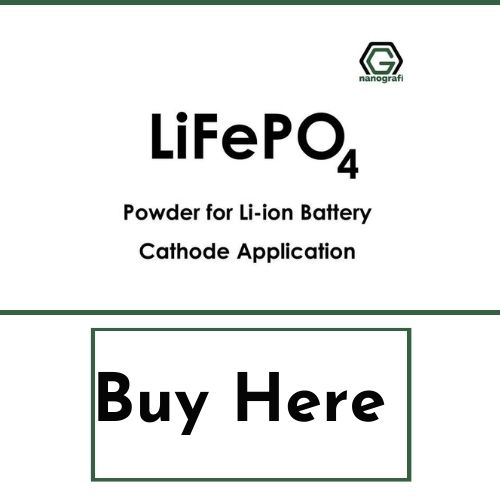Applications of Lithium-Ion Batteries in Marine and Boats
Lithium-ion batteries are exceptionally known as rechargeable batteries in which lithium-ions are used to carry the charges from negative to positive poles. They have excellent properties due to the high energy density that they possess.
Numerous industries are benefitting from these batteries as these not only bring efficiency to the work but also enhance the productivity of the products involved too. In recent years, marine and boaters have also started using lithium-ion batteries as their benefits are huge and they bring stability in this area of practice too with a lot of positive features that only lithium batteries are capable of exhibiting. The features of lithium batteries that are a part of marine are explained in detail with all the advantages that they bring along. This is massively increasing the productivity of lithium batteries which are benefiting the market at a greater rate now.
Introduction
Lithium-ion batteries also commonly known and written as Li-ion batteries are one of the types of rechargeable batteries where the lithium ions are responsible for moving from a negative electrode towards a positive electrode via an electrolyte. This process is carried out during the discharge and it returns to its previous position in the state of charging. At the positive electrode, intercalated lithium compound is used whereas at the negative electrode, graphite is typically used.
High Energy Density
Li-ion batteries are known as batteries that are capable of exhibiting high energy density with no memory effect and typically very low self-discharge. The major reason for the cells to be manufactured is to give priority to either energy or power density. However, in a few cases, these can be proved as a safety hazard as they have flammable electrolytes and when they are not used considerably, they may cause explosion and fire.
Development of Li-ion Battery
The development of Li-ion batteries has not been a very easy and smooth process. A lot of research and hard work has been poured into this development. The very first prototype li-ion battery came into existence by Akira Yoshino in the year 1985 whereas earlier research was carried out by John Goodenough, M. Stanley Whittingham, Rachid Yazami, and Koichi Mizushima in the following years from the 1970s to 1980s. After all this tremendous research and works the very first commercial Li-ion battery was prepared and launched by a Sony and Asahi Kasei team which was typically led by Yoshio Nishi in the year 1991. The most common uses of li-ion batteries are portable electronics, electrical vehicles, and a lot of military and aerospace applications.
Characteristics of Li-Ion Battery
There are a lot of specific characteristics that make these li-ion batteries unique in their performance and allow them to work in a healthy and very positive environment. However, most of these characteristics vary from each other in terms of their chemistry, performance, cost, and safety areas depending upon the type of Li-ion battery. All of these characteristics when combined form an excellent battery that not only adds value to the industries and products that it becomes a part of but also enhances the chances of empowering our economy by increasing the productivity rate of these batteries.
Further Research Areas for Li-Ion Batteries
There is a countless research area for the Li-ion batteries which include the extension in the lifetime, increase in the energy density, improvement in the safety measures, and reduction in the cost and increase in the speed of charging with a lot of other areas as well. A lot of research is currently in progress as well which is adding up to the valuable content that is necessary for the growth of these Li-ion batteries.
Present Day Lithium-Ion Batteries
The market in today’s word for these li-ion batteries has rather become complicated in comparison to the small electronic devices as they have easy access because their characteristics are not much widespread as those of Li-ion batteries. A lot of additional markets have come across which are responsible for taking care of the small devices which include toys, lighting and fluorescent lights, a few medical devices, and many more others.
High Energy Cells
The high-energy 18650 cells are capable of exhibiting 3.4 Ah, this is because the high-power cells are to sacrifice some of their capacity so that they can obtain 20A or somewhat higher capability of discharge in the cells having a size of 18650. Though there are cells that exhibit 2.5 Ah capacity it has been made evident through the research that it is extremely difficult for these cells to sustain this high capacity during the process of cycling. There are a few very important other design variables as well which include electrode thickness, the content of carbon present at the positive electrode ad the carbon type that is utilized in the negative electrode.
Development of Ceramic Coatings
Other than all the above-mentioned characteristics, the development of ceramic coatings holds a lot more important as well because it has the capability of having a beneficial effect on the prevention of internal short-circuiting while being in the process of cycling which is due to the presence of metals present on the electrode surfaces. All these particles are very small and hold their presence in the quality that they offer to the li-ion batteries. Therefore, the development of these ceramic coatings is very important and beneficial for the li-ion batteries as it provides stability and quality to the batteries which is very much important for the growth of the said batteries in the markets and industries.
To get more information about applications of lithium-ion batteries,
you can read our blog post here.
Oxidation
In lithium-ion cells, an oxidation half-reaction is carried out at an anode which is responsible for producing lithium ions as the positive charge and electrons as the negatively charged. This reaction may as well be responsible for the production of an uncharged material that stays at the anode. The li-ions which work as the positive charge move via an electrolyte whereas the electrons which work as a negative charge move via an external circuit and eventually they combine at the cathode in addition to the cathode materials which then become a reduction half-reaction.
Reduction
In this reaction, the electrolyte and external circuit are responsible for providing the charge to both, lithium ions and electrons. However, these are not involved in any electrochemical reaction. In the process of discharge, the electrons present at the anode move towards the cathode via an external circuit. In the process of discharge, reactions are capable of lowering the chemical potential of the cell and the energy in return is shifted from the cell to wherever the electric current is being transferred which is mostly in the external circuit.
Liquid electrolytes
Lithium-ion batteries also consist of liquid electrolytes which comprise lithium salts such as LiPF6, LiBF4, or LiClO4. Liquid electrolyte serves as a pathway of conduction for the process of discharge while cations move from the negative electrodes towards the positive electrodes. There is a combination that goes around consisting of linear and cyclic carbonates. These consist of ethylene carbonate formally known as EC and dimethyl carbonate formally known as DMC. High conductivity and SEI which is known as solid electrolyte interphase, forming ability is offered via this combination.
Lithium Batteries for Commercial Marine
It is known to all that every day countless number of goods and people are travelling via the oceans and the inland waters either for trade or just travel. All of the companies which support the marine businesses are looking for ways and means in which they can lessen their energy consumption while closing the boundaries through which CO2 can be emitted. Lithium iron phosphate batteries which are a very reliable and safe form of lithium batteries help in the reduction of all the negative impacts that somehow lie on the marine climate and affect the quality of water and the best thing remains these batteries are highly cost-effective despite being energy effective as well and this makes them the best fit for the commercial purposes.
Powerful, Silent and Clean Energy
The Super B lithium iron phosphate batteries are known profoundly for supporting the marine sector with very powerful features including the clean energy storage systems upon which one can definitely and completely reliable. Despite all the environmental advantages that the lithium batteries provide to the marine, the technical advantages hold much importance as they strengthen the working power of these batteries and the extent to which we humans can rely on them.
Comfort and Safety
Whenever we look for a new and updated thing, we always prefer to look for the comfort and safety that those very things bring along. So in this case the first thing that should be kept under consideration is a comfortable and safe journey for the crew as well as the passengers and to make sure that this stays, the level of energy, status, and temperature of these batteries shall be monitored continuously as they ensure safe travel for everyone.
Great Engine Power
Lithium-ion batteries are known for holding great engine power despite having smaller engines. This plays an important role in maintaining the quality of these batteries and ensuring that their working mechanics are not harmed due to any inconvenience. As a result, the power of the engines remains intact and they keep working at the same pace that they initially started with for much longer periods.
Lithium Batteries for Leisure Marine
In the luxury world, yachts and leisure boats are present to provide comfort and relaxation to the consumers and that is why it is important to keep the staff on board that gives an ultimate experience to the consumers so that they can enjoy their experiences the maximum. This is the main reason why lithium batteries have been built for leisure marine. They allow you to have maximum comfort and safety while you enjoy your experiences because lithium batteries allow no noise, no vibrations, and no fumes while the boats are sailing through the oceans.
Reliable Power for Your Aquatic Journey
While traveling either by road or by air or by ocean, one must get to have lots of fun and that is only possible when we can blindly trust the source of power through which we are traveling. This is one of the most basic needs of humans to have a piece of equipment that functions properly because you are trusting your life with it. The lithium batteries fulfill all these conditions and provide the power that is needed for the boats to run smoothly and effectively.
Optimal Comfort and Safety
Lithium batteries are very suitable for leisure marine applications. These are known as lithium iron phosphate batteries which are built on a few principles that go in the favor of the consumer and the provider, both. The main thing is for the batteries to be charged at a great speed and discharged at a very slow speed. They are capable of holding their charged capacities for much longer periods as they have much higher energy densities which are present in their chemical compositions. Lithium batteries require much less physical space and weight in terms of storing the energy which too is one of the best features of these batteries that are massively being used in marine applications.
Advantages of Lithium Batteries for Marine Applications
The advantages and benefits of lithium iron phosphate batteries in terms of marine applications are great and their features are distinctively described below.
They are built on the principles of being used for longer periods and providing a maximum amount of safety. Their discharge rates are much higher and they are capable enough that they do not require active maintenance practices considering that their weight is much lighter with having close to no charging time. These batteries offer a lot of benefits to the market which means that their production is massively increasing too. All of this is possible due to the very distinctive features that the lithium batteries offer so that the consumer and producer both can co-work in an effective and positive environment because when a product is doing well then it benefits the consumer and the producer, both.
If you are interested in the applications of graphene,
you can read our blog post here.
Why Boaters are Choosing Lithium Marine Batteries
It has been proved over the years that the lithium-ion marine batteries show much more efficient in comparison to the lead-acid batteries and owing to this characteristic their lifespan is ten times longer too. This is why in the case of marine applications, lithium batteries are said to be the best choice as they exhibit a lot of advantages. There are massive characteristics and properties owing to which boaters are moving towards the lithium-ion batteries as they add up value and quality to the marine and enhance their productivity as well. The reasons for this massive change are stated below in detail as to why the boaters are choosing lithium marine batteries.
Size & Weight Reduction
In marine, all the different types of boats have a specific weight limit and it is known to all that if the weight of a boat is lowered, it becomes a crucial step. However, lithium batteries weigh half equivalent to lead-acid batteries which exhibit the same capacity. When the weight limit is kept into consideration and changes are made accordingly then the equipment that the boaters use in their marine batteries holds a lot of importance as weight reduction is the key to running a battery and the product for a longer period.
Increased Number of Charge-Discharge Cycles
If we compare the lead-acid marine batteries then it is observed that they have a charge and discharge cycle life that lasts from 500 to 1000 times. While on the hand, lithium marine batteries have a lifecycle from 3000 to 5000 cycles.
Owing to the characteristics and properties that the lithium-ion batteries are capable enough that they do not require comparatively more maintenance as their durability and performance are already excellent so this is why lithium marine batteries are preferred and massively being used in the boats by the boaters.
Increased Power Storage
The manufacturers of lithium batteries claim that these batteries are capable of exhibiting 80 percent depth of the brain which has been proved by different researchers too. So, all these batteries that are made are capable of being discharged without causing any sort of damage.
The major advantage of lithium-ion batteries is that they have great power storage. In this case, there is a chance that you might need just half the amount of these batteries as their capacity counts as a double even with the batteries being less. When half number of batteries are utilized then we can save up the weight almost four times in comparison to the lead-acid battery.
Cheaper Long-Term
Though lithium marine batteries are comparatively expensive to buy once they are bought, they last five times longer than the other equivalent batteries as they have better features than any of the other batteries.
This is what makes them cost-effective as no matter if they are expensive yet their life span is much longer and more efficient than the other batteries. This also means that lithium marine batteries will only be used half in amount as any other battery.
Is It Easy to Make the Switch to a Lithium Marine Battery?
Mostly, lithium-ion batteries are drop-in replacements which typically means that they are comparatively easy to fit in the battery bank same as any other standard battery but this is not as simple as it seems to be because mostly additional components are needed so that the installation can be completed.
However, upgrading the batteries is very much necessary because in that way the inverter and the battery charger can be used rather more effectively and their applications can be enjoyed to a greater level. A battery monitor is also required so that the expiration of the battery can be checked and kept into consideration. All of these adjustments are mainly very simple just that the electrical system can be quite dangerous for which a vigilant check should be kept to be safe from any sort of harm and danger.
How Long Do Lithium-Ion Marine Batteries Last?
Lithium marine batteries are capable of surviving 10 years longer than any other batteries because they have a very normal charge cycle life which lasts from 3000 to 5000 cycles that is why they are considered extremely cost-effective and have tremendous use in the marine due to their availability for longer periods.
Are Lithium Batteries Safe on Boats?
Lithium marine batteries are very suitable for marine and boat use because lithium batteries have a seal and moisture or any sort of water splashes will have close to no effect on them as they have excellent properties and characteristics which can fight these changes, greatly.
Also, lithium batteries have mostly a built-in battery management system which helps in powering down the battery system in the case of any unsafe activity going around the battery.
Is Upgrading Your Marine Battery to Lithium Worth It?
Upgrading the marine batteries to lithium-ion batteries is comparatively expensive than the lead-acid batteries but in that amount, you get to enjoy all the perks that come along with the lithium batteries and they are much cheaper in the long run and are always worth all the money as their characteristics and properties keeping making them better with every use.
Conclusion
Lithium marine batteries are providing all the necessary benefits to boaters and are also adding up to the quality of marines and boats which is due to the characteristics that the lithium-ion batteries offer. All these benefits are increasing the life span of these batteries and are allowing them to maintain the quality that is necessary for these batteries to work effectively.
To get more information, you can visit Blografi.
References
https://pubs.rsc.org/en/content/articlehtml/2020/ra/d0ra07195a
https://dragonflyenergy.com/lithium-marine-batteries/#:~:text=Lithium%2Dion%20marine%20batteries%20are,excellent%20choice%20for%20boating%20applications.
https://www.mylithiumbattery.com/applications-domains/lithium-ion-service-batteries-for-marine-boat-yachting/
https://www.super-b.com/en/lithium-marine-batteries/commercial-marine
https://inverted.in/blog/lithium-ion-marine-batteries-new-choice-for-boaters
https://lithiumbalance.com/applications/marine/
https://www.super-b.com/en/lithium-marine-batteries
Recent Posts
-
Turning Noise into Power: Energy Harvesting with Piezoelectric Nanogenerators
Ambient acoustic energy, once an untapped resource, is now being converted into sustainable electric …5th Mar 2025 -
Holey Super Graphene in Li-ion Batteries: Next Generation of Energy Storage
Holey Super Graphene (hG), also referred to as “holey graphene,” is redefining li-ion ba …7th Feb 2025 -
Future Communication with 5G Technology and Advanced Materials
5G technology opens the doors to a new era in communication with faster connection speeds, low laten …6th Feb 2025








